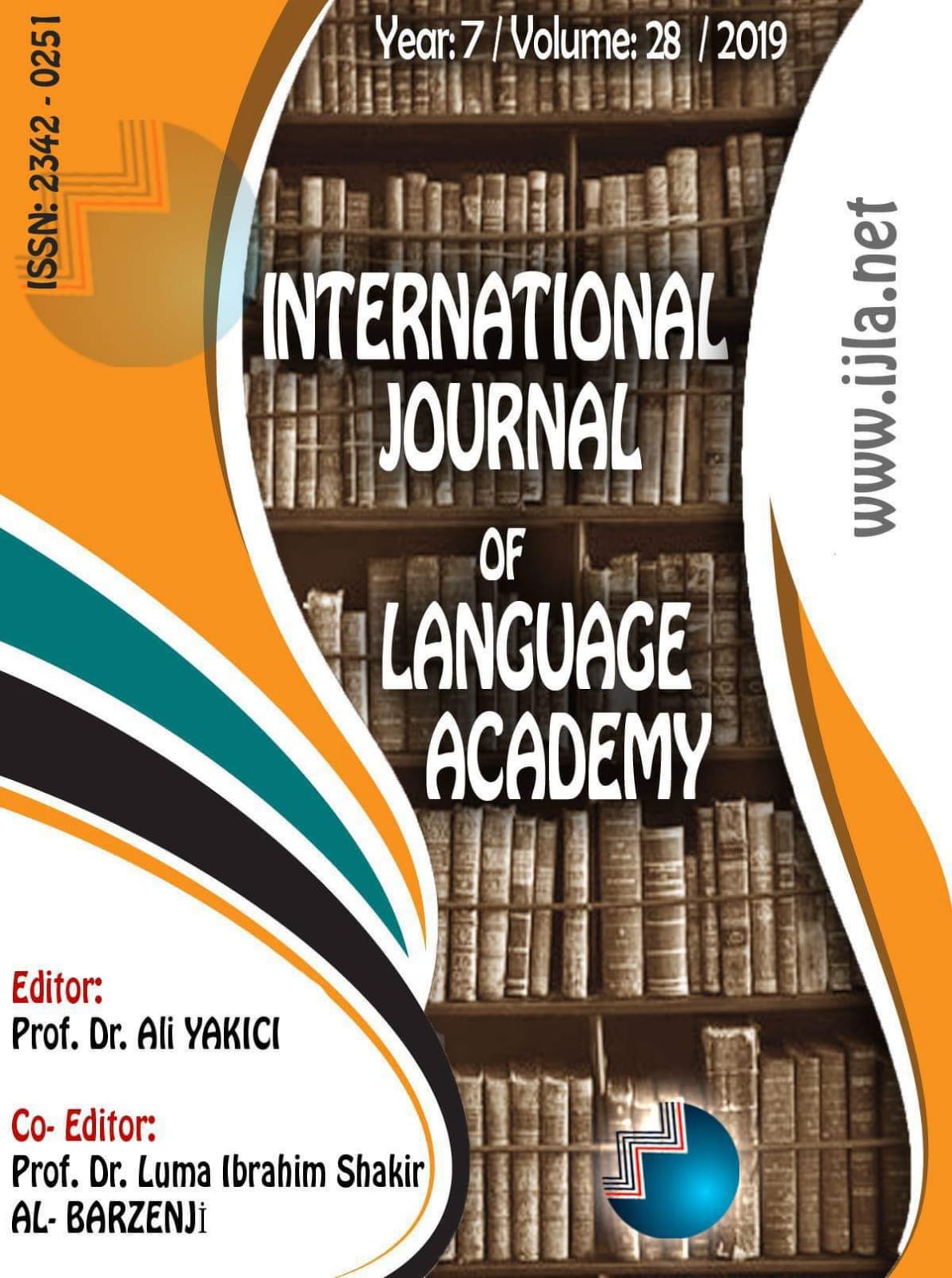Author :
Abstract
Hikâye türü modern bir tür olarak yeni olsa da hikâye etmeye dayanan eserler insanlık tarihi kadar eskiye gitmektedir. İnsanlar her dönem kendileri için önemli olan ya da kendi hayatlarını derinden etkileyen olay ve durumları sözlü ya da yazılı olarak hikâyeleştirmiş ve sonraki nesillere aktarmışlardır. Türk edebiyatında da bir çeşit hikâye etme sanatı olan destancılık geleneği çok eskilere dayanır. Birçok destanın kendisi değilse bile adları günümüze kadar ulaşmıştır. Eski Anadolu Türkçesi döneminde de Anadolu’da zengin bir hikâyecilik geleneği vardır. Bu dönemde İslam dinî çerçevesinde çok sayıda konu meddahlar tarafından hikâyeleştirilerek halk meclislerinde okunmuştur. Allah, Kur’an, Hz. Muhammed, dört halife, sahabeler, din büyükleri, din uğruna yapılan savaşlar, dinin esasları hep kendilerine bu hikâyelerde yer bulmuşlardır. Ayrıca bu dönem hikâyelerinde İran ve az da olsa Bizans edebiyatlarının da etkisi vardır.Eski Anadolu Türkçesi döneminde eser veren meddahlardan biri de Ömeroğlu’dur. Ömer-oğlu’nun günümüze kadar ulaşan ve bilinen tek bir seri vardır: Destân-ı Muhammed. Ömeroğlu hakkında bu eser dışında dışında hiçbir kaynak yoktur. Eserin birlikte olduğu hikâyelerin genelde eski Anadolu Türkçesi özellikleri taşımasından dolayı 14. yüzyıla yakın bir dönemde yaşadığı düşünülebilir. Bu çalışmada Ömeroğlu’nun Destân-ı Muhammed adlı mesnevisi ele alınarak eserin transkripsiyonlu metni, çevirisi, dizini verilerek eserin belli başlı dil özelliklerine değinilecektir. Bu çalışmayla birlikte bu eser ilk kez gün ışığına çıkmış olacak ve ilim âlemine tanıtılacaktır.
Keywords
Abstract
Although the story is considered as a modern fictional type, the works composed in the narrative style are as old as the history of humanity. By utilising oral or written forms, people have told significant events and situations that affect their lives deeply, thus transferred these forms to the next generation. The tradition of epic in Turkish literature is also an art of storytelling and its history dates back to ancient times. The titles of many epics, rather than their presence, have reached today. In the ancient Anatolian Turkish period, there was a rich narrative tradition. During this period, many subjects were storified in the Islamic religious framework and narrated by the meddahs in public assemblies. These stories usually narrate Allah, the Quran, the Prophet Muhammad, four caliphs, companions, religious elders, wars for religion, the principles of religion.Furthermore, mostly Iran and partly Byzantine literature influences are observed in the stories of this period. Ömeroğlu was one of the storytellers, formerly known as meddah, who wrote his works in Old Anatolian Turkish. Ömeroğlu has only one recognised work that has reached us: Destan-i Muhammed. There is no source other than this work about his life. The fact that the stories taking the same place with the work ordinarily carry the characteristics of old Anatolian Turkish indicates that the artist lived in a period close to the 14th century. This study aims to examine all aspects of Ömeroğlu's Destan-i Muhammad. For this purpose, transcription text, translation and index of the work will be presented, and important language features will be examined. By this study, Ömeroğlu's Destan-i Muhammad will be illuminated for the first time and will be introduced to the science world.
